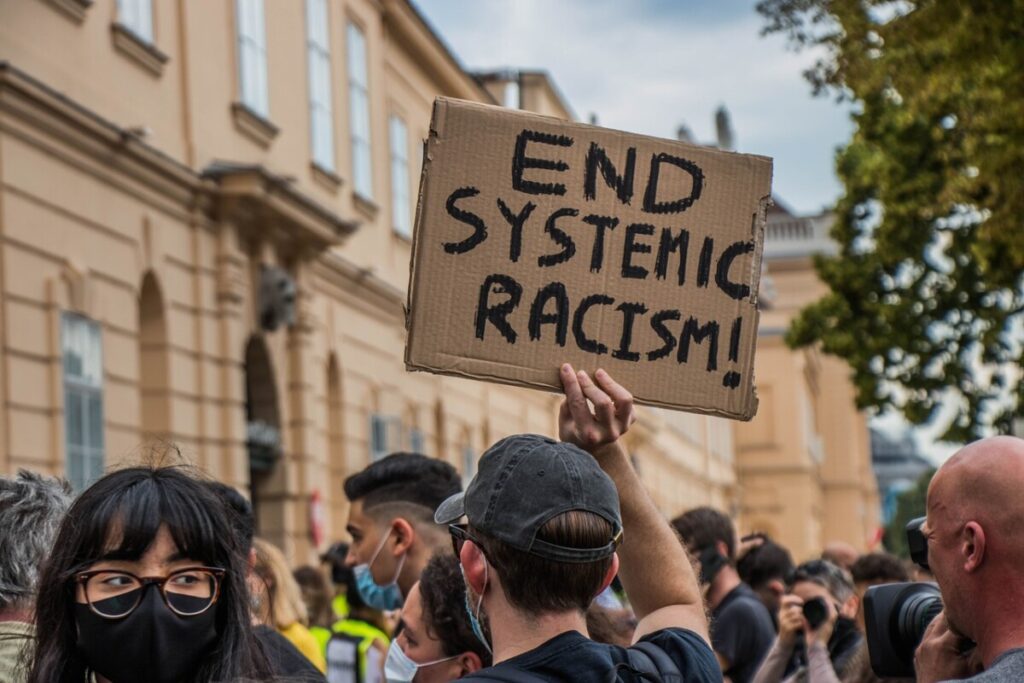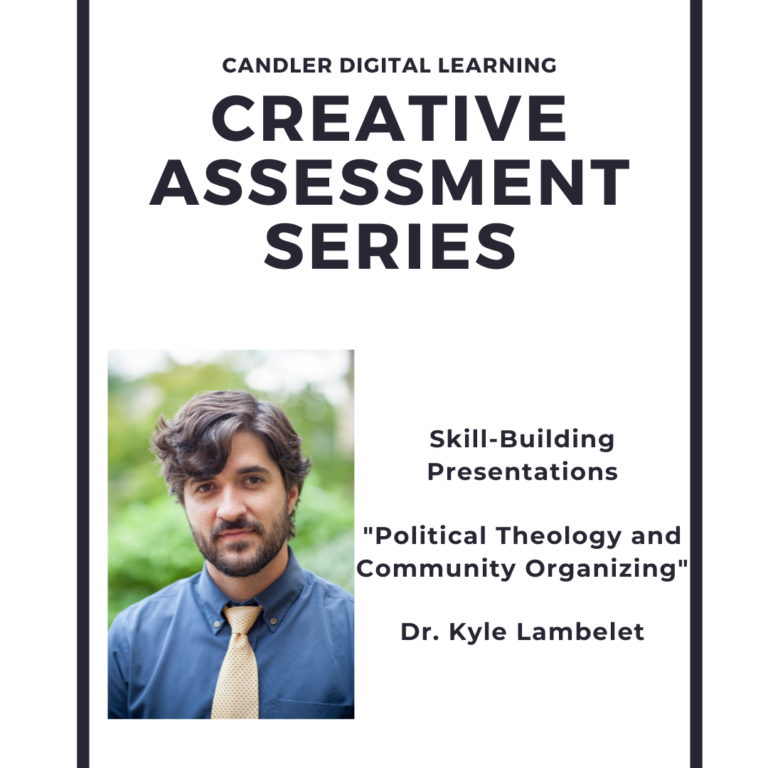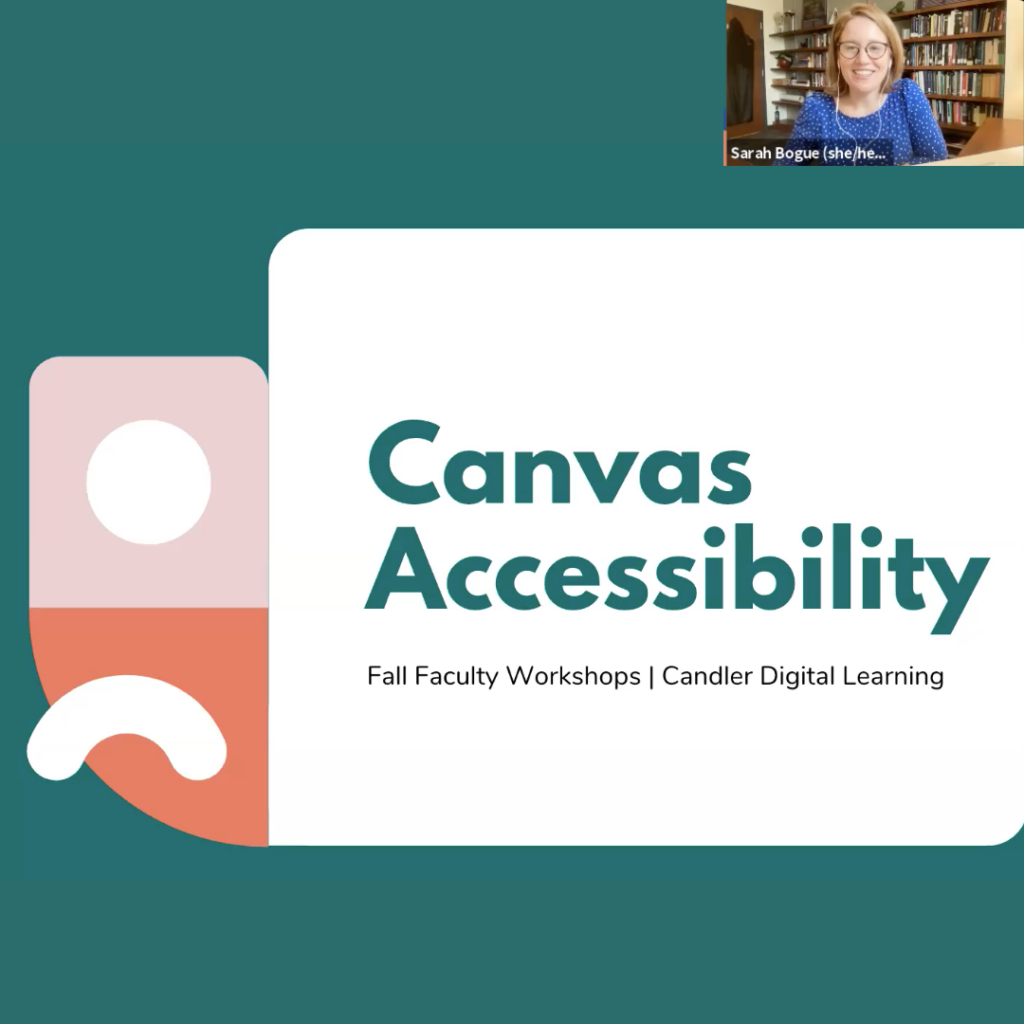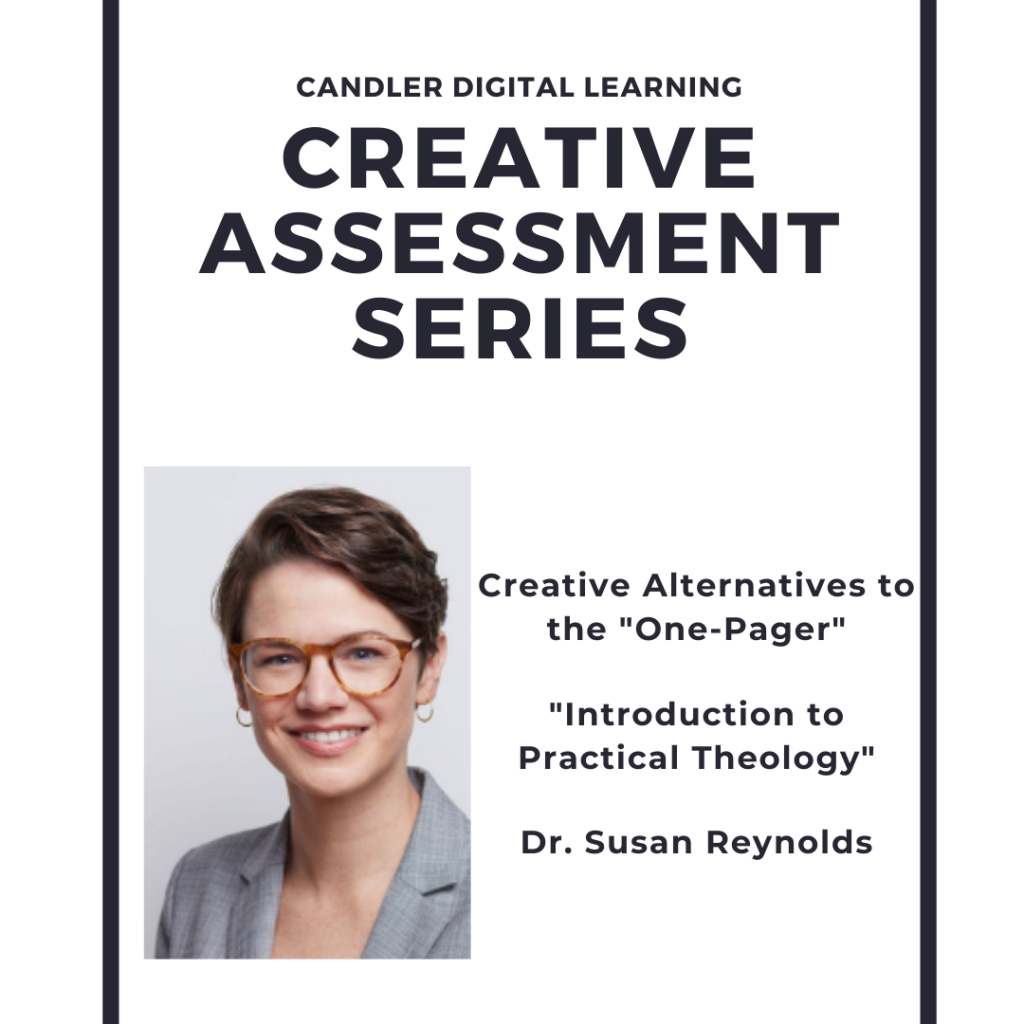Are you interested in political organizing? How do your studies at Candler prepare you for a life of activism and public engagement?
These are main objectives of Kyle Lambelet’s “Political Theology and Community Organizing” course: to develop a working theological vocabulary in the realms of political and justice organizing and to utilize this language as they build skills and tools for the practice of organizing.
To meet these objectives, Dr. Lambelet assigns “Skill Building Presentations” to his students because “a key component of any organizer’s work is training others in the skills of social change.” In addition to these presentations, the students are asked to submit a template of their training to be published as a public resource, such as the Faith and Action Toolkit by the Candler Foundry. The goal of these training presentations is that students will have a direct outlet to apply what they are learning in class and to begin to see themselves as public intellectuals.
The assignment is completed in three parts:
- Research a skill for your training.
- Design a 45-60 minute training.
- Lead the class in a 30 minute version of your training.


1. Research your skill.
Students are asked to research an organizing skill of their choice. This research can be done by utilizing texts or online resources, such as “AORTA Resources” or “Tools for Training for Change.”
After you do your research, go out and interview at least one activist who is using your chosen skill.
2. Design your training.
After the research and interview, you will now design a 45-60 minute training on your chosen skill for a community group (church, community organization, political campaign, etc.).
This plan includes creating a training template, slide presentation materials, handouts, audio and video interviews, and any additional resources.
3. Lead your skill training.
This is a training and not a presentation. It should include hands-on exercises and aim to build skills in social change organizing. Giving all students the chance to offer at least a version of their full training lets everyone experience the facilitation from both sides – participant and leader.
So why do this assignment?
- A presentation in skill building provides students with an opportunity to participate in hands-on learning, where students are actively participating in their education.
- Students develop concrete skills in social change organizing.
- Students are able to integrate a theological vocabulary into political organizing.
- Students not only learn, but gain experience in teaching and leading in these skill presentations – preparing them to be leaders in addition to public intellectuals.
Get in touch with us at candlerdigitallearning [at] emory [dot] edu to talk further about potential applications in your class or context!




